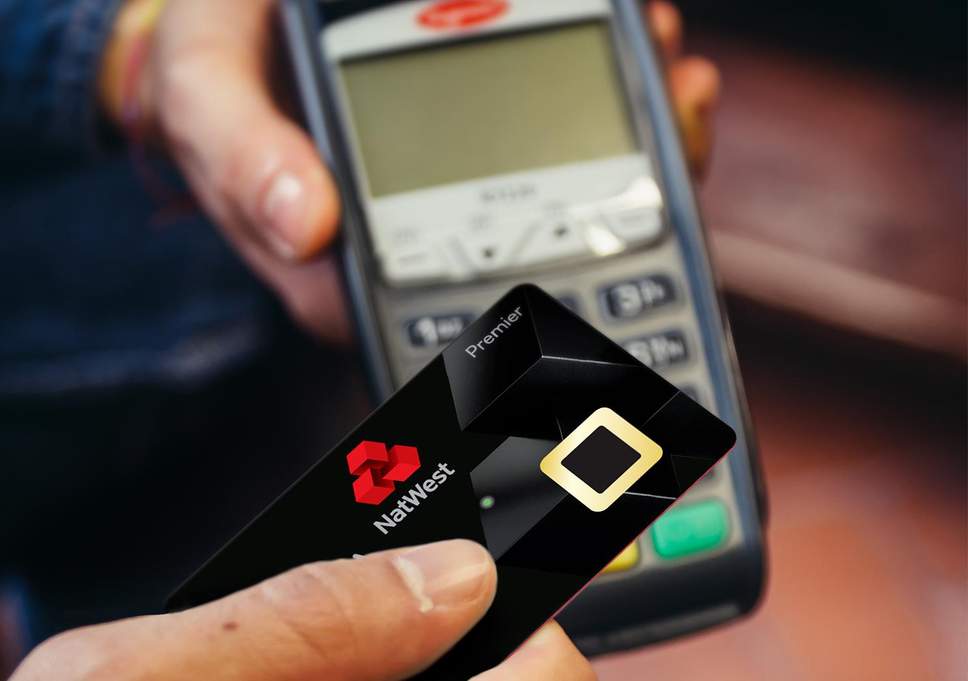NatWest customers will be able to pay just using their fingerprint, the bank has announced.
It is trialling new payments cards that will allow people to touch their hand to the card and avoid having to type in their PIN.
The little box built into the card will allow people to pay for things that cost more than £30 – the limit on contactless payments – without need to type in their number.
It will do so using “cutting edge” biometric technology to scan people’s hands, it said.
Some 200 customers will be selected for the initial trial. In Scotland, the test will involve customers of Royal Bank of Scotland.
Bank cards used in the trial will store information which means people can verify payments by placing their finger over a box on the card, which is then swiped at the till without a Pin being entered.
Asked about any plans to roll out the fingerprint technology more widely, NatWest said the initiative is in its early stages and it will see how the trial evolves.
As well as perhaps being simpler than keying in a Pin, such technology could potentially help people who have difficulty remembering number codes, so it may be useful to vulnerable customers.
NatWest said it is working closely with digital security company Gemalto along with Visa and Mastercard to bring the service to customers in the UK.
David Crawford, NatWest head of effortless payments, said: “We are using the very latest technology across our business to make banking easier for our customers and biometric fingerprint cards are one of the many technologies we are exploring further.
“This is the biggest development in card technology in recent years and we are excited to trial the service.”
Howard Berg, UK managing director of Gemalto, said: “Using a fingerprint rather than a Pin code to authorise transactions has many advantages, primarily enhanced security and greater convenience.
“Cardholders can pay quickly and easily with just a simple touch, and they no longer need to worry about the limit on contactless payment transactions.”
Additional reporting by Press Association
Source: Independent
